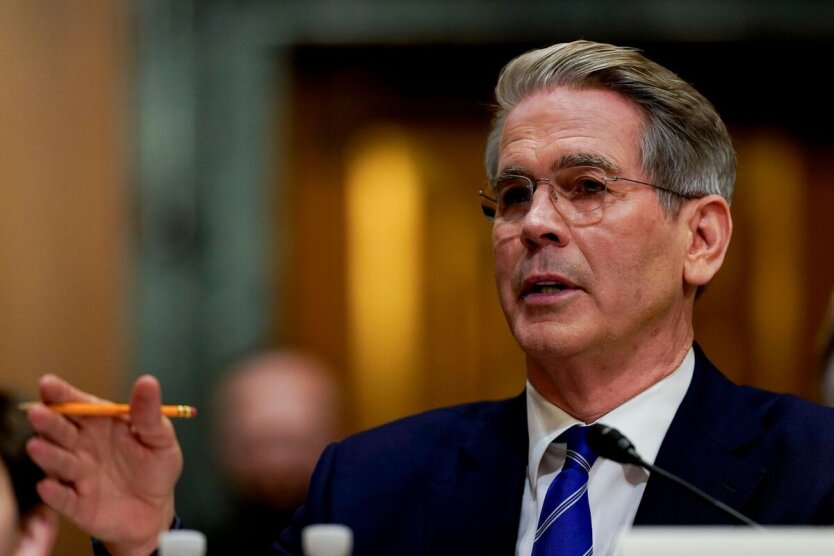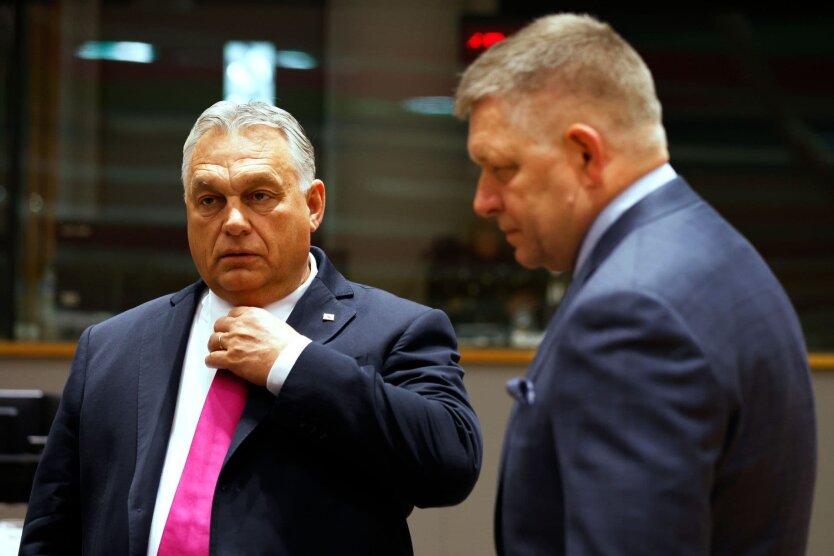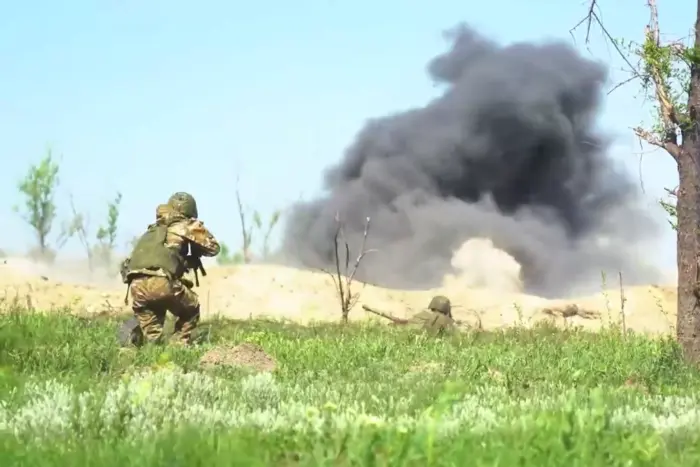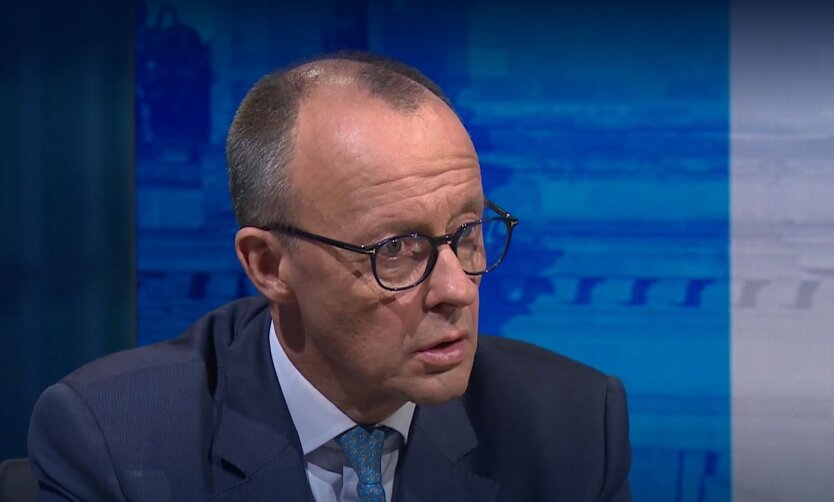Bessent publicly accused Zelensky of breaking promises regarding subsoil resources.


U.S. Secretary of the Treasury Scott Bessent accused Ukrainian President Volodymyr Zelensky of breaking promises regarding the agreement on the use of Ukrainian subsoil resources. He shared this in an interview with American journalist Tucker Carlson.
According to Bessent, there was a tense conversation during a meeting at the White House that damaged the agreement. He stated that Zelensky promised three times to sign the agreement but did not keep his word.
The minister called on Zelensky to publicly confirm the unity between the two countries at a press conference in the Oval Office. The president promised to sign the agreement in Munich but did not do so.
“He was in the mood to sign the agreement that day... And he was told: ‘Say that I will sign the agreement in Munich.’ He did not sign it there,” said Bessent.
The minister described Zelensky as “an artist, a kind of vaudevillian,” who found himself in a difficult situation communicating with American officials. He also noted that some of Zelensky's advisors are giving him bad advice.
The minister stressed that the agreement on the use of Ukrainian subsoil resources is mutually beneficial for both countries and hopes for its signing in the near future.
“We are expecting the Ukrainian technical team at the beginning of next week, and I hope that we can sign this agreement and return to a mutually beneficial situation,” said Bessent.
It should be noted that Ukraine demands changes to the agreement regarding minerals and insists on increasing American investments.
Read also
- The USA has lost positions: Europe has 'outpaced' the Pentagon in military aid to Ukraine for the first time
- Frontline situation as of June 16, 2025. General Staff Report
- The EU has found a way to completely abandon Russian gas
- Occupants have significantly reduced activity in the Sumy direction: border guard data
- Merz: Iran Must Not Be Allowed to Have Nuclear Weapons
- An abnormally high number of skirmishes in the Novopavlivka direction - OSUV 'Khortytsia'










